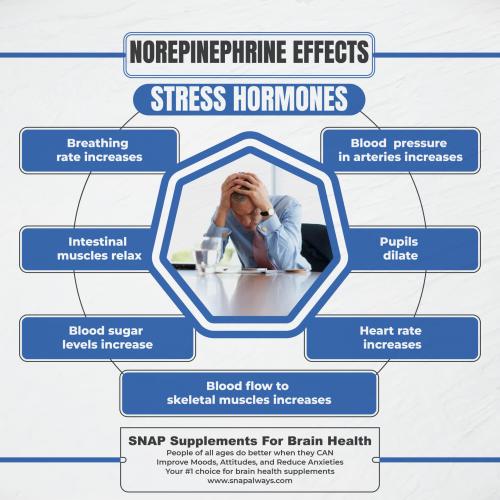Adults with ADHD Treatment – Know about the Symptoms and Treatment Options

Attention Deficit Hyperactivity Disorder
(ADHD) isn't just confined to childhood; it can persist into adulthood, often
unnoticed or misdiagnosed. Adults with ADHD may struggle with various aspects
of their lives, including work, relationships, and daily responsibilities.
Understanding the symptoms and available treatments is crucial for effectively
managing ADHD in adulthood. SNAP brain formula is effective. However, before
buying this supplement for adults with ADHD treatment,
knowing about the symptoms is crucial.
What
is ADHD in Adults?
ADHD is a neurodevelopmental disorder
characterized by persistent patterns of inattention, impulsivity, and
hyperactivity. While commonly associated with children, it can persist into
adulthood in about 60% of cases. In adults, ADHD may manifest differently than
in children, making it challenging to recognize.
Symptoms
of ADHD in Adults
Adults with ADHD often have difficulty
sustaining attention on tasks, organizing tasks and activities, and following
through on instructions. They may frequently lose things necessary for tasks
and become easily distracted.
Adults with ADHD may act without thinking,
interrupt others frequently, and have difficulty waiting their turn in
conversations or situations. Impulsivity can lead to problems in social and
professional settings.
While hyperactivity may decrease with age,
some adults with ADHD still experience restlessness, fidgeting, or a constant
need to keep moving. They may struggle to relax or engage in leisure activities
quietly.
Mood swings, irritability, and difficulty
managing emotions are common among adults with ADHD. They may experience
intense emotions and have trouble controlling their reactions to them.
Adults with ADHD often struggle with time
management, chronic lateness, and difficulty completing tasks. They may also
have messy living or workspaces due to disorganization.
Treatments
for Adults with ADHD
Stimulant medications like methylphenidate
and amphetamines are commonly prescribed to manage ADHD symptoms in adults. Non-stimulant
medications like atomoxetine may also be prescribed, especially for those who
don't respond well to stimulants.
Cognitive-behavioral therapy (CBT) can help
adults with ADHD develop coping strategies, improve time management and
organizational skills, and address emotional dysregulation. Therapy can also
help individuals manage co-existing conditions like anxiety or depression.
Regular exercise, adequate sleep, and a
healthy diet can significantly improve ADHD symptoms. Structured routines,
calendars, and reminders can help adults with ADHD stay organized and manage
their time effectively.
Joining support groups or seeking out peer
support can provide valuable insights and strategies for managing ADHD from
others who have similar experiences.
Adults with ADHD may benefit from
accommodations such as flexible work schedules, extended time on assignments or
exams, or access to assistive technologies.
Post Your Ad Here
Comments